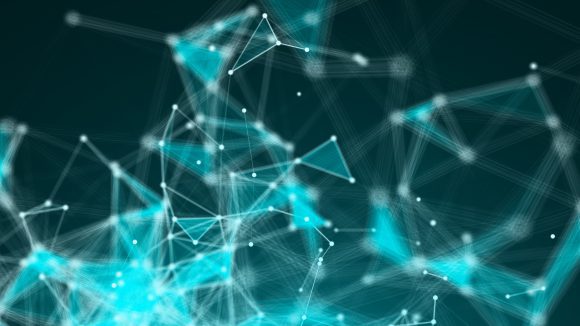By Géza Tóth, Sustainability Manager Tropical Oils, SBU Ferrero and IIASA alumnus
This famous sentence providing the catchy title for my blog and inspiration throughout my professional career comes from David Grey, who was one of my great mentors at IIASA.
During my seven years at the institute, I had the opportunity to work with several research programs where I had to find my way in various disciplines. Even though I was not the typical modeler, I was fortunate to work with patient tutors and great leaders who were supporting my development and triggering constructive thoughts. I was eager to learn about the crosscutting nature of global challenges and transversal opportunities. As a natural consequence, I found myself migrating between many IIASA programs and roles, constantly on the lookout for new challenges.
I completed a multidisciplinary PhD alongside my regular work at IIASA and changed titles and topics several times. I was into regional development and sustainability dynamics of post-war geographies where you cannot omit any influencing factors, whether it be political, environmental, or socioeconomic in nature. As I look back, I believe my overall results would not be complete without the flexibility and inclusiveness that I had the privilege of experiencing at IIASA.
When I moved into the food industry, I realized that everything I had learnt at IIASA, especially the systems thinking, come in handy when tackling the complex sustainability problems the industry faces. I have always liked connecting dots and fostering collaboration. While it is difficult to pitch policy-relevant research results, I believe there is a clear business case in bringing science and industry closer together.

© Nolimit46 | Dreamstime.com
Our global food supply chains are increasingly untraceable and so we have to connect a multitude of dots. Yet, industry is a very complex animal, driven by powerful shareholder corporations with a clear business agenda. IIASA can predict futures of our declining resources, influencing social aspects, even costs and required investments of businesses. Nevertheless, transforming industry does not depend on scientific facts and publications alone. What we need is to be able to translate scientific findings into innovations that will break current business rules or even disrupt them.
I feel that one of the biggest challenges of industry is to hear and understand the voice of science. Trading is a straightforward business where sustainability can be managed by compliance. As part of my responsibility of managing palm oil supply chain sustainability at Ferrero, I learned that in consumer goods manufacturing, consumers are the main drivers for Corporate Social Responsibility actions and their behavior and consumption patterns are changing.
Severe environmental destruction and unethical labor issues heavily affect the palm oil sector. The production and trade of agricultural commodities follow the rapidly increasing demand for food but, ironically, the amount of food waste and number of hungry people is also tipping. While European policymakers send contradicting messages about whether to eat palm oil or burn it in car engines, the destruction of ancient forests has reached unprecedented levels. Time is of the essence and science must have its voice heard in the language of industry, politicians and consumers. We cannot afford to work in silos. It is time to collaborate and finally link science with people.
The IIASA Young Scientists Summer Program (YSSP) is a unique platform and I am convinced that the positive impact it creates is enormous. Although I was never officially part of the YSSP, I interacted with the participants every year and felt like one of them. Highly skilled young thinkers come together from all around the world, influence and learn from each other under IIASA mentorship and are bound to end up in various disciplines and roles out there. They will surely know how to translate applied science into the right language and channel.
As a family-owned global company, Ferrero is one of the few businesses that is able to make long-term systematic plans and has a successful history of working with a forward looking and constructive vision. Its potential to be a lighthouse model for the industry is enormous and thus its responsibility too. It should therefore come as no surprise that supporting the YSSP program was a natural first step in Ferrero’s collaboration with IIASA.
It is not easy to explain what IIASA does and how it is relevant for the industry. It is equally difficult to illustrate it with good examples. IIASA scientists have however been helping me a lot to identify appropriate channels. I hope there will be more outputs from IIASA in the future that translate science into the business case allowing us in the industry sector to connect more dots.
Note: This article gives the views of the author, and not the position of the Nexus blog, nor of the International Institute for Applied Systems Analysis.

You must be logged in to post a comment.